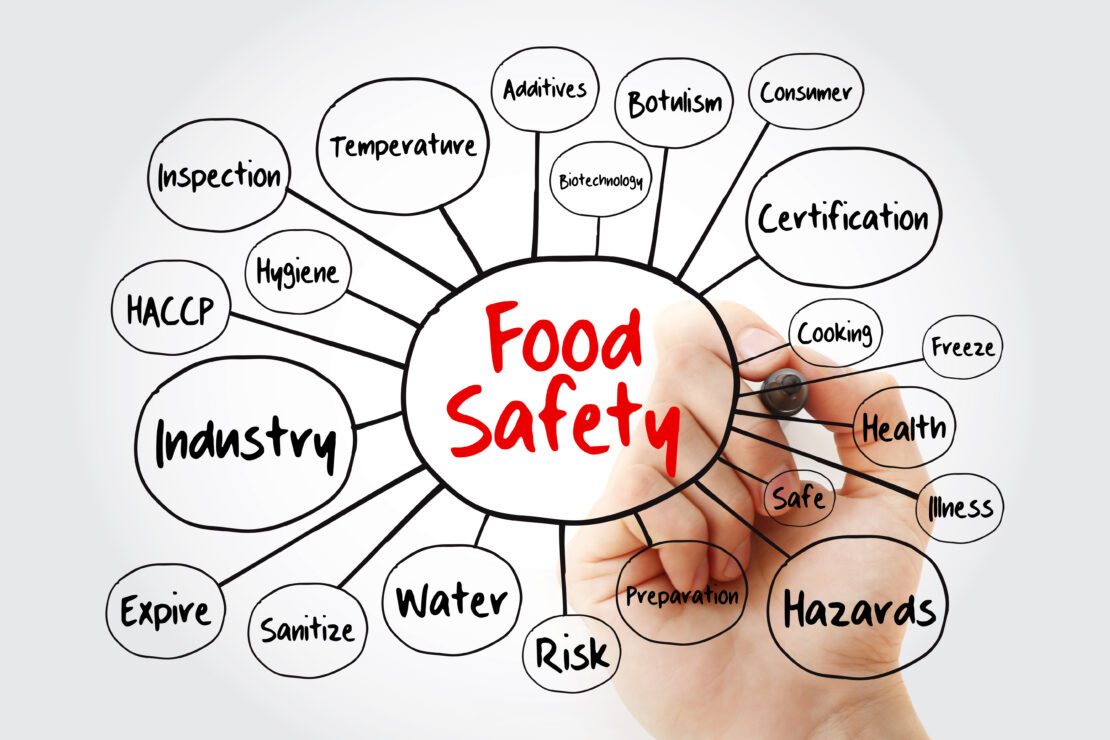
The simple answer is: EVERYONE! All those involved in all stages of the food chain whether they produce, process, sell or prepare food, has a duty to keep it safe and legal.
The business owner, or appointed person(s) must have suitable documented training as they have the ultimate responsibility for food safety. Any member of staff who handles food, also has a level of responsibility for food safety proportionate with their role level and duties, they must be trained in food hygiene and food safety as a basic, ideally including allergen management, before they start work, this can be industry recognised certified training or in-house training that is well documented and constructed.
Part of complying with food safety law is managing a food safety management programme which includes the documenting of all processes and procedures within the business relating to the handling of food, especially formal or informal training, such as on the job training or self-study. Managing food allergens is a major part of the role and ensuring food handlers are fully aware of the risks and potential risks of cross contamination involved when handing foods containing Allergens is essential.
A food handler is someone who may be responsible for cooking, preparing, serving, packing, displaying, or storing food and they must follow any safety instructions issued by an employer and conduct their duties in such as way that they do not affect the health and safety of themselves, work colleagues, customers, or their employers.
Food handlers have a legal responsibility to make sure that they do not intentionally contaminate food and make it unsafe or unsuitable for consumption. Food handlers also have very specific and legal responsibilities related to their own health and hygiene when working with or within a food environment, ultimately, they must make sure food is safe to eat.
A food business operator must make sure the food is of the same quality that they advertise and or say it is, it is their legal responsibility to make sure the consumer is not mislead by the way food is labelled, advertised, or marketed.
The best way to prevent poor food safety is by following the HACCP (Hazard Analysis and Critical Control Points) process, which is an approach to food safety that is systematic and preventive.
HACCP is a framework for ensuring that the product is ready for consumption and safe to eat or more specifically, it looks to introduce checks and standards that reduce and or mitigate risks as far as possible.
If your business deals in food, you must adhere to the following:
- make sure food is safe to eat.
- make sure you do not add, remove or treat food in a way that makes it harmful to eat.
- make sure the food is the same quality that you say it is.
- make sure you don’t mislead people by the way food is labelled, advertised or marketed.
- keep records on where you got food from and show this information on demand – known as ‘traceability’.
- withdraw unsafe food and complete an incident report.
- tell people why food has been withdrawn or recalled, for example by using a leaflet or poster.
To find out more about HACCP and how to manage the food hygiene and safety procedures in your food business, visit the FSA website here.


